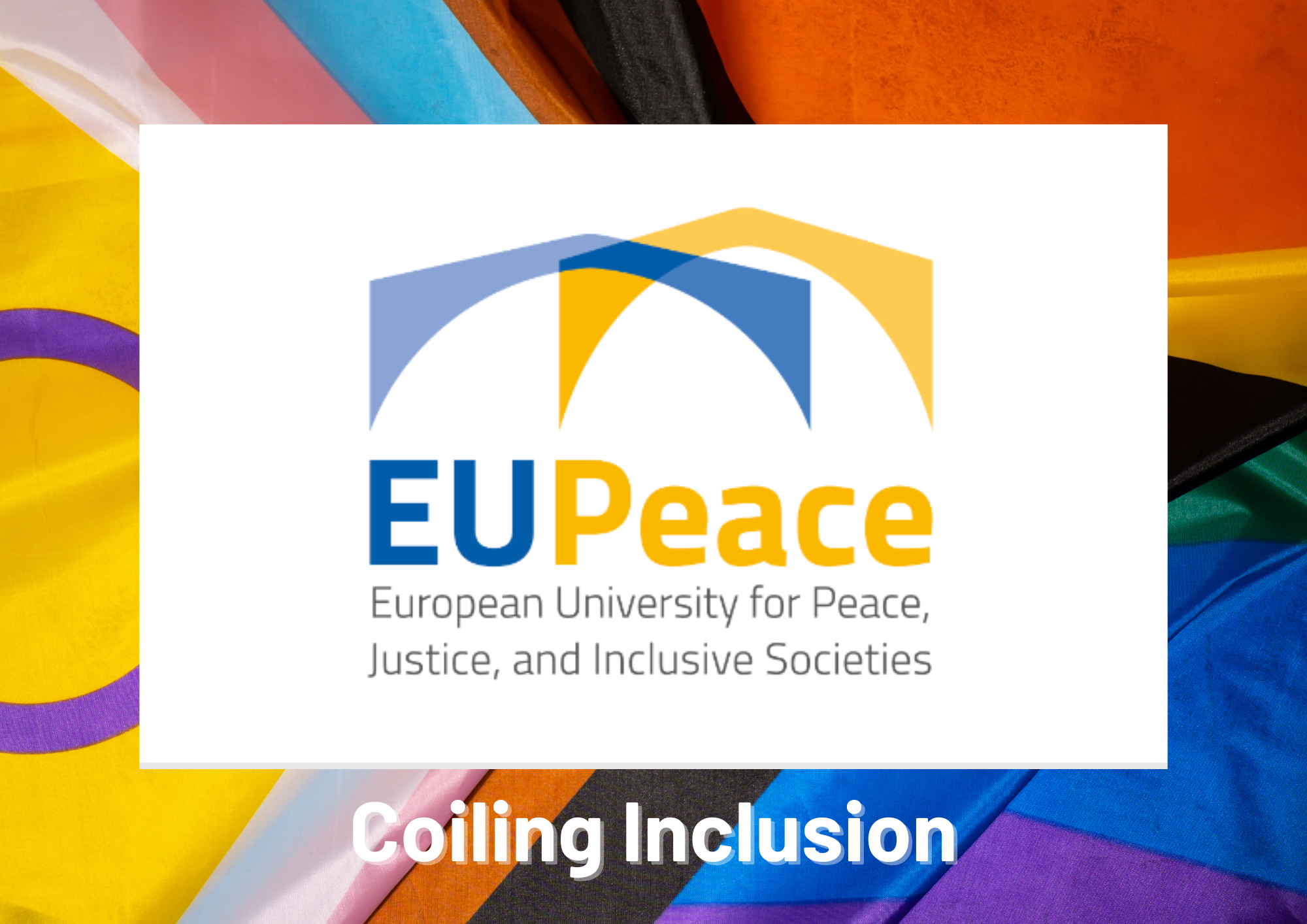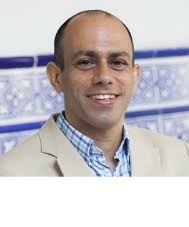
COILING Inclusion: Towards LGBTQIA+ Intersectional Teaching at European Universities
ComillasDescripcion del curso
Welcome to our online course on LGBTQIA+ Rights and Higher Education in Europe. While Europe has made remarkable strides in advancing LGBTQIA+ rights, recent years have seen a worrying rise in discrimination and intolerance. In response, this course explores the powerful role universities can play in shaping inclusive, tolerant and pluralistic societies. Through a project sponsored by EU Peace and funded by the EU Commission, four partner universities—Universidad Pontificia Comillas (Spain), Università della Calabria (Italy), University of West Bohemia (Czech Republic), and University of Marburg (Germany)—have come together to bridge the gap in LGBTQIA+ content across academic disciplines. This platform offers short, one-hour video classes on LGBTQIA+ themes in psychology, law, linguistics, political science, and more—each accompanied by curated syllabi and reading lists.These resources are designed to spark reflection, enrich teaching, and promote a culture of equity and inclusion.Lo que aprenderás
- An understanding of LGBTQIA+ studies as it intersects with different disciplines and subject matter.
- Knowledge of bibliographical references and further content to be able to advance your own reading and understanding of LGBTQIA+ studies outside of this course.
- An appreciation for the ways in which sexual orientation and gender identity can serve as a critical lens across many different disciplines and subject matters.
- Guidance / examples for integrating LGBTQIA+ content into teaching and learning outcomes.
- Enhanced knowledge of LGBTQIA+ contental through fascinating material and interesting discussions by leading academics
Instructores

Adam Dubin, Ph.D.
Universidad Pontificia Comillas
Professors Adam Dubin and José Luis Rey, both human rights scholars at Universidad Pontificia Comillas in Madrid, pioneered the first university course in Spain dedicated exclusively to comparative LGBTQIA+ rights. The course examines the global evolution of LGBTQIA+ jurisprudence, critically analyzing both the progress made and the persistent challenges in advancing and claiming these rights across diverse legal and cultural contexts.

José Luis Rey, Ph.D.
Universidad Pontificia Comillas
The project organizers wish to thank EU Peace and the European Commission for funding this project.
LGBTQIA+ rights have seen significant progress across many parts of Europe in recent decades. However, there is growing evidence that discrimination and homophobia are once again on the rise. A 2019 report by the EU Fundamental Rights Agency revealed that public attitudes toward LGBTQIA+ equality and non-discrimination have either stagnated or deteriorated in recent years, raising concerns that hard-won gains may be at risk. Yet, the question of tolerance goes beyond the scope of rights alone.
Research shows that societies with higher levels of national tolerance also enjoy greater overall social well-being and cohesion (Fischer et al., 2015). While this finding may not be surprising, the real challenge lies in determining how to actively foster tolerance in European societies, particularly in the face of growing far-right populist movements that seek to undermine such progress. A robust body of literature emphasizes the important role educational institutions—especially universities—play in cultivating this tolerance. Nuno Nodin, a researcher at the University of London known for his work on sexual minorities and social behavior, underscores the importance of higher education. He writes, “for the wider student population, diversifying exposure to varied identities and content will challenge privilege and may also increase preparedness for the diversity that is expected to be experienced in future professional and life contexts” (2022, p. 23).
Fostering tolerance and non-discrimination is not something that happens overnight. Still, universities have a responsibility to prepare students not only academically and professionally, but also as socially aware individuals who can contribute to a diverse and pluralistic Europe. This project aims to bring together partner institutions within the EU Peace Initiative to collaboratively develop curriculum initiatives that support the advancement of LGBTQIA+ rights within higher education. The project has focused on three core outcomes. First, we have conducted a mapping of existing LGBTQIA+ curriculum content and awareness among faculty at our universities.
This mapping has revealed minimal reference of LGBTQIA+ content in university teaching amongst the four participating university. And more so, has demonstrated relatively high levels of ambivalence amongst faculty about the importance of integrating such content. Recognizing the limited availability of LGBTQIA+ academic content, all four participating universities have produced a series of brief, one-hour online classes addressing LGBTQIA+ issues across various academic disciplines—including psychology, linguistics, law, and political science—which will be made available to both faculty and students. On this page, you will find academic video content on a wide range of subject matter, from migration studies to populism and religion.
Along with each video, is the third outcome: a syllabi for each of these subjects featuring curated reading lists and suggested modules designed to integrate LGBTQIA+ themes into the academic curriculum. These resources aim to establish a foundation of academic support for LGBTQIA+ rights across institutions and offer both students and faculty additional resources to use in classes and within academic research. Important note: All of the videos can be translated into another language by opening the video link in a separate page (the link is at the top right corner of video) and then clicking settings and then auto-generate subtitles (choosing your language preference from the list).
Participating Universities:
- Universidad Pontificia Comillas (Spain)
- Università della Calabria (Italy)
- University of West Bohemia (Czech Republic)
- University of Marburg (Germany)
